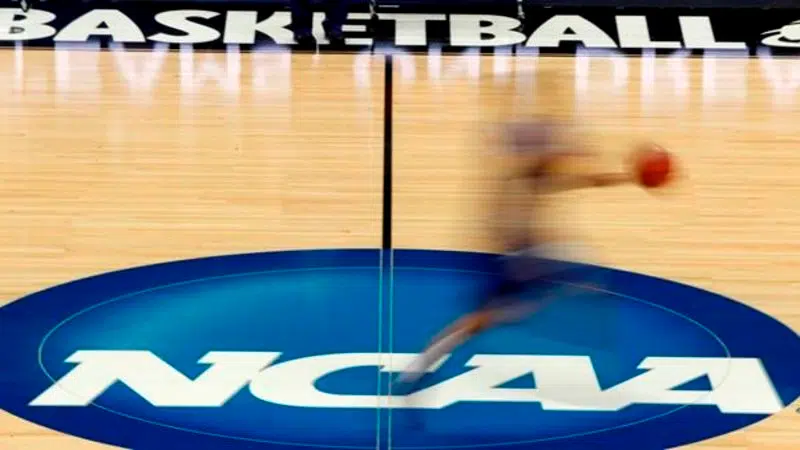
NCAA rejects mandatory 2-year commitment to grad transfers
A proposal to require a graduate transfer to count against a team’s scholarship total for two years in football and basketball has been rejected by the NCAA.
The Division I Council on Friday voted down a proposal that could have tapped the brakes on the de facto free agency created by a rule originally intended to give athletes more freedom to pursue graduate degrees.
NCAA rules require football and basketball players to sit out a season after transferring, but those who complete a degree are permitted to transfer and play immediately. The proposed change would have locked schools into a two-year scholarship commitment regardless of how much eligibility a grad transfer had remaining.



